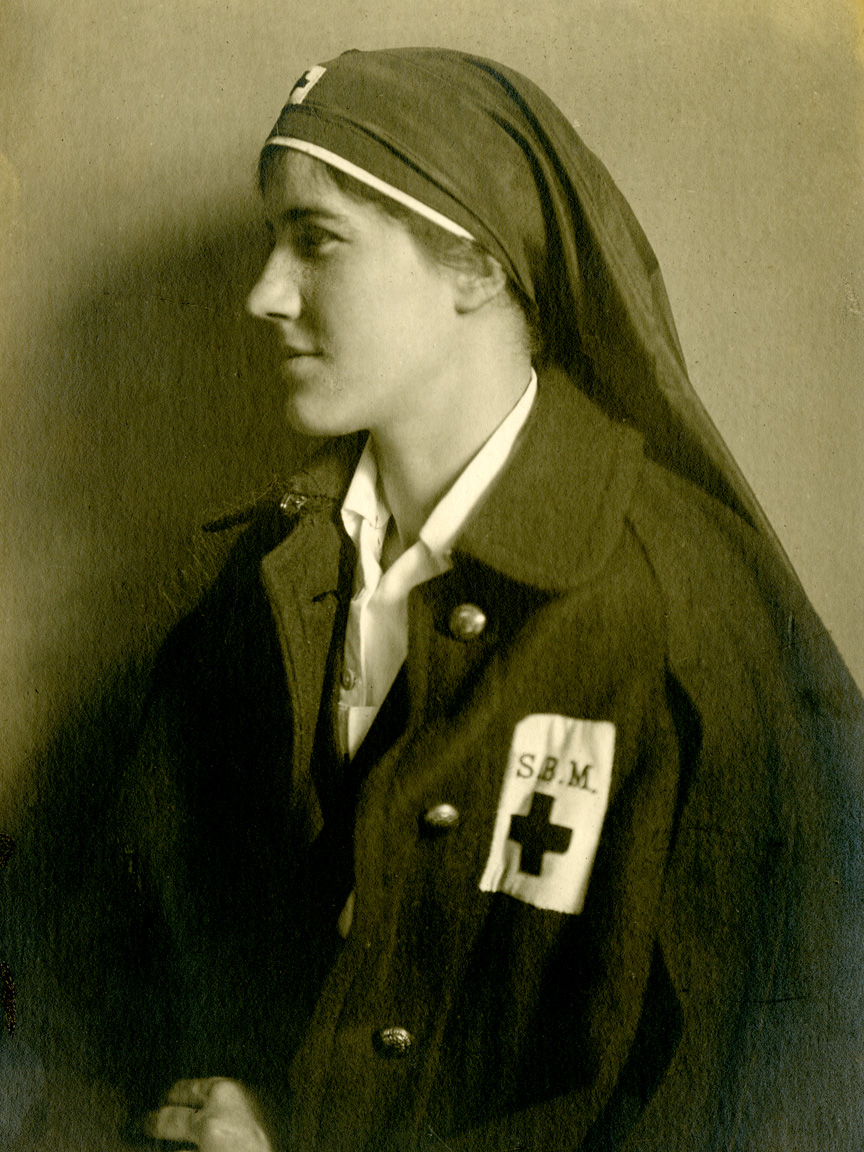Finding Herself
We do not all grow up with self-confidence or a clear idea of what we can be. It takes time — and experience — to figure it out. That, in a nutshell, is Katharine McLennan's story.
Katharine grew up on Cape Breton Island, the youngest child in a prominent, wealthy family. Her mother, Louise Bradley, was a beautiful, talented artist. Her father, Senator J.S. McLennan, was an industrialist turned newspaper publisher and historian. Her older siblings moved easily into adult roles, yet Katharine did not. She was shy and artistic, and without a plan for her life. Becoming someone's wife — the most obvious choice for a woman in her society — held no appeal. Then, in her early twenties, came two great losses. Katharine was stunned by the sudden death in 1912 of her mother from a ruptured appendix, and in 1914 when her brother Hugh was one of the first Cape Bretoners to die in the First World War.
Katharine wanted to find something meaningful to do with her life. She asked her father if she could go overseas to help the Allied troops. Her father said no, fearing she might be harmed. Privately, Katharine complained about "Dad tying me down in this way ... I should be allowed to make my own mistakes, then I would have no one to reproach but myself."
At last, Katharine found the inner strength. She insisted and her father gave way. Katharine went overseas and worked as a nursing assistant in four different French hospitals. When she came back to Cape Breton in 1919 she was a different person. From then on, Katharine was active serving the community where she lived. Sometimes she was an anonymous benefactor to people in need. More publicly, she became renowned as the champion and curator of the Fortress of Louisbourg. That role lasted about four decades, until the Parks Canada reconstruction came along in the 1960s. In finding roles where she could help, Katharine McLennan had found herself.

